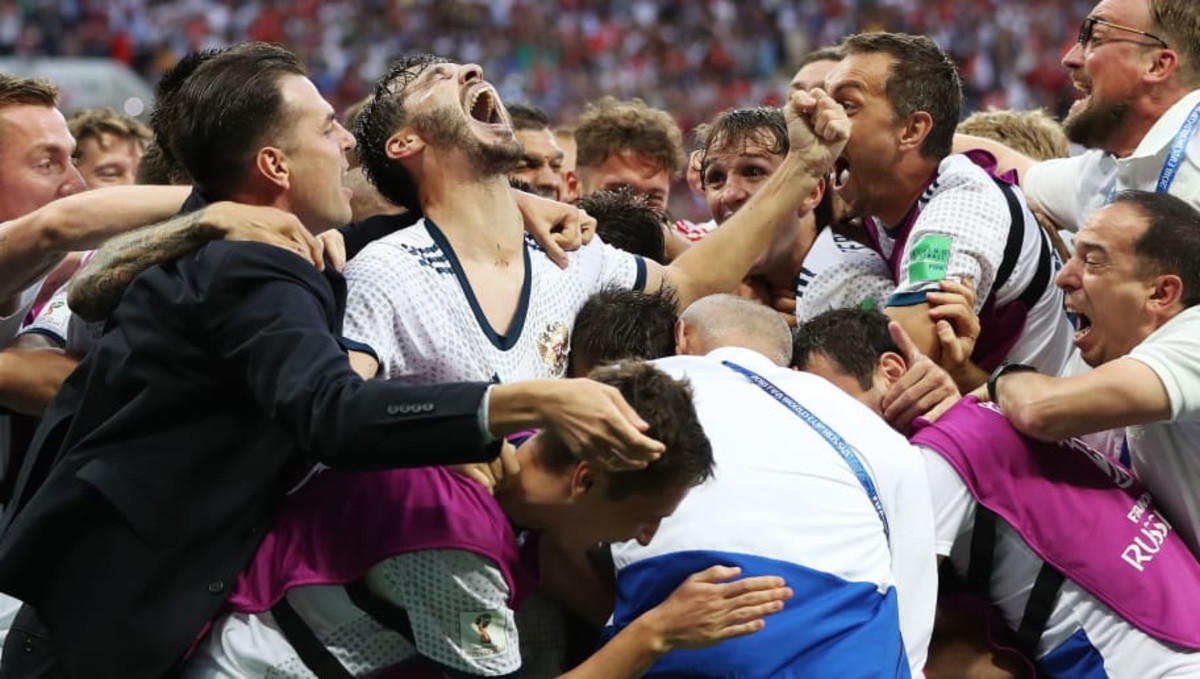How Smaller Nations at the World Cup Have Provided the Blueprint for Premier League Success

There always comes a point at major sporting tournaments when you realise there is only a finite amount of time it can continue for.
This feeling hit me after the extraordinary game between Belgium and Japan which left me wanting more football, and not the episode of Love Island that I got instead.
And it's not a controversial thing to say that this World Cup has provided viewers with more shock results and surprise exits than previous ones, which has only increased the excitement to another level.
One of the main themes that we have seen throughout the tournament is the success of the so-called 'smaller' teams against the traditional heavyweights of world football.
We have seen Germany, Spain and Argentina dominate possession of the ball but struggle to find success against South Korea, Russia and Iceland respectively.
Teams have had huge success this tournament from establishing a strong defensive platform and counter-attacking when they win back possession from the team who prefers to have the ball.
Now this has been aided by the introduction of VAR as it has made it more likely that the smaller teams will get the correct refereeing decision whereas in the past, if a referee was unsure, they may decide to favour the bigger team as they would receive less criticism from the smaller nation.
So how does this help teams playing in the Premier League?
Ever since Pep Guardiola rose to prominence with his tiki-taka and possession football at Barcelona, the trend in British football has been to move more towards a possession based style of play rather than the counter-attacking style that had been popular before.
And this possession based style has had a great deal of success. Just look at how dominant Manchester City were last season.
But the blueprint that Russia and South Korea have provided could help the 'smaller' teams - such as Cardiff City, Huddersfield and Brighton - have more success against the top teams.
Take Cardiff for example. In the Championship last season, they had the fifth lowest amount of possession and lowest pass completion percentage on their way to a promotion place behind runaway leaders Wolverhampton Wanderers.
While it is clear that Neil Warnock's men are comfortable playing without the ball for the majority of the game, the tactics he used last year may not have suited the Premier League as he preferred to play a man-marking style of play.
But Warnock - and any other managers likely to set their teams up in a defensive manor - could take a lot of pointers from the examples set from teams at this years World Cup as managers who have been playing defensive football have been consistent in their attempts to keep an attacking threat in their team.
Mexico left three men up-front at corners against Brazil which insured that their still had an attacking emphasis, ensuring they didn't get entrenched in their own half.
And for 'smaller' teams to fight to remain in the Premier League, they could do worse than adopt some of the tactics on display at the World Cup in Russia.









